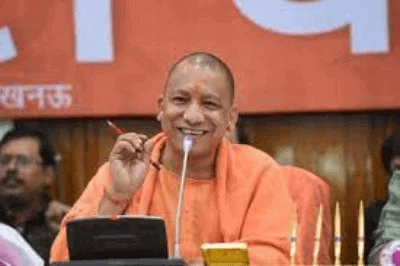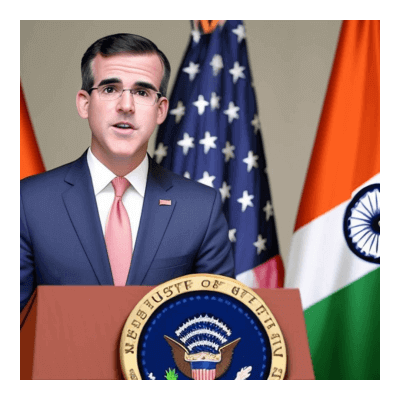A detailed description of the UPSC syllabus, including the subjects and topics covered.
The Union Public Service Commission (UPSC) is a constitutional body that conducts various competitive examinations for recruitment to various civil services of the Government of India. The UPSC syllabus is designed to test a candidate's overall knowledge and understanding of a broad range of subjects, as well as their ability to analyze and apply their knowledge to real-world problems. The UPSC syllabus covers a wide range of subjects, including:
- General Studies (GS) Paper I - This paper covers a broad range of topics, including history, geography, Indian polity and governance, economic and social development, environment and ecology, science and technology, and current events.
- General Studies (GS) Paper II - This paper is commonly known as the Civil Services Aptitude Test (CSAT) and tests a candidate's analytical and logical reasoning skills. The topics covered include comprehension, interpersonal skills, communication skills, logical reasoning, decision-making, problem-solving, and basic numeracy.
- Optional Subject Paper I and II - In addition to the GS papers, candidates must also choose an optional subject from a list of available subjects. The list includes subjects such as Anthropology, Geography, History, Mathematics, Political Science, Psychology, Sociology, and others. Each optional subject has two papers, Paper I and Paper II, each carrying 250 marks.
- Essay - This paper requires candidates to write an essay on a given topic. The essay should be well-structured, coherent, and should demonstrate the candidate's ability to express their ideas clearly.
- English Language Comprehension Skills - This paper tests the candidate's comprehension skills in English, including reading comprehension, vocabulary, and grammar.
The detailed syllabus for each of these papers can be found on the official UPSC website. In general, the syllabus covers the following topics:
- History - Ancient, medieval, and modern Indian history, as well as world history.
- Geography - Physical, social, and economic geography of India and the world.
- Indian Polity and Governance - Constitution, political system, public policy, governance, and international relations.
- Economic and Social Development - Economic development, poverty, inclusive growth, social sector initiatives, and sustainable development.
- Environment and Ecology - Biodiversity, climate change, pollution, and conservation.
- Science and Technology - Developments in science and technology, and their applications in daily life.
- Current Events - National and international events of significance.
- Comprehension, Interpersonal Skills, Communication Skills, Logical Reasoning, Decision Making, Problem Solving, and Basic Numeracy - These topics test a candidate's ability to analyze and solve problems, as well as their communication and reasoning skills.
In conclusion, the UPSC syllabus covers a broad range of subjects and topics, designed to test a candidate's overall knowledge and understanding of the world around them. It is important for candidates to study the syllabus in depth and prepare thoroughly to perform well in the examination.















